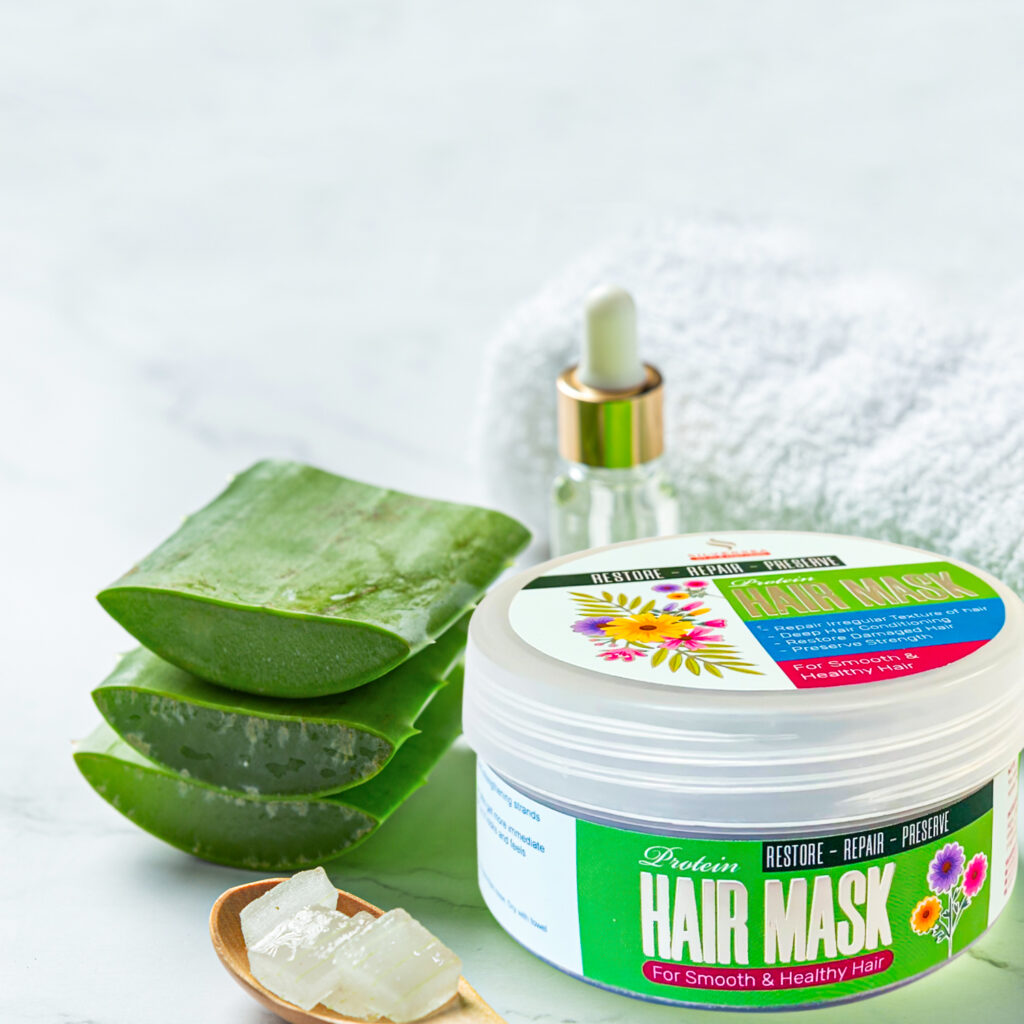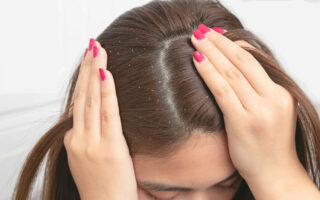Understanding and Addressing Hair Fall: Causes, Prevention, and Treatment
Hair fall or hair loss can occur due to various reasons, including genetics, hormonal changes, stress, diet, medical conditions, or improper hair care practices.
Hair fall, also known as hair loss or alopecia, can have various causes. It’s normal to lose some hair every day, but excessive hair loss can be a cause for concern. Family history plays a significant role in hair loss. If your parents or grandparents experienced hair loss, you may be more prone to it. Hormonal changes and medical conditions, such as a variety of medical disorders (e.g., thyroid problems, polycystic ovary syndrome, autoimmune diseases), can cause hair loss.
Understanding Hair Fall: Hair fall is a natural part of the hair growth cycle, with individuals typically shedding 50 to 100 hairs per day. However, when hair fall exceeds this normal range or occurs in specific patterns, it may indicate an underlying issue. Hair fall can manifest as thinning on the scalp, receding hairline, or bald patches, and it can be temporary or permanent depending on the cause.
Pregnancy, childbirth, and menopause can also contribute to hormonal changes that may lead to hair fall. Hormonal changes and medical conditions, such as a variety of medical disorders (e.g., thyroid problems, polycystic ovary syndrome, autoimmune diseases), can cause hair loss.
Pregnancy, childbirth, and menopause can also contribute to hormonal changes that may lead to hair fall.
Causes of Hair Fall:
- Genetics: Hereditary hair loss, known as androgenetic alopecia, is the most common cause of hair fall. It’s characterized by a gradual thinning of the hair, typically starting at the temples or crown, and is more prevalent in men but can also affect women.
- Hormonal Changes: Fluctuations in hormone levels, such as during pregnancy, childbirth, menopause, or thyroid disorders, can disrupt the hair growth cycle and lead to hair fall.
- Stress: Physical or emotional stress can trigger a condition called telogen effluvium, where a large number of hair follicles enter the resting phase simultaneously, resulting in increased shedding.
- Nutritional Deficiencies: Inadequate intake of essential nutrients like iron, protein, vitamins (especially biotin and vitamin D), and minerals can contribute to hair fall and poor hair health.
- Medical Conditions: Certain medical conditions like alopecia areata (an autoimmune disorder), scalp infections, and underlying health issues (e.g., lupus, diabetes) can cause hair fall.
- Environmental Factors: Exposure to harsh chemicals, pollutants, UV radiation, and extreme weather conditions can damage the hair shaft and contribute to hair fall.
Addressing hair fall
Here are some steps you can take to address hair fall:
Identify the Cause: Understanding the reason behind your hair fall is crucial. It might be due to genetics, hormonal changes (such as after childbirth or during menopause), stress, certain medical conditions (like thyroid issues), or a side effect of medication. Consult a healthcare professional or dermatologist to determine the cause.

Healthy Diet: Ensure you’re getting a balanced diet rich in vitamins, minerals, and proteins. Iron, zinc, vitamins A, C, D, and E are particularly important for hair health. Ensure you have a well-balanced diet rich in vitamins and minerals. Include foods high in iron, zinc, vitamin D, and omega-3 fatty acids, as these are essential for hair health.
Gentle Hair Care: Be gentle with your hair. Avoid tight hairstyles, excessive brushing when wet, harsh chemical treatments, and heat styling, as these can contribute to hair breakage and fall.

Use Mild Products: Choose shampoos and conditioners that are mild and suitable for your hair type. Avoid products with harsh chemicals that might strip away natural oils and damage your hair.
Scalp Care: Keep your scalp clean by washing your hair regularly to remove buildup. Consider using gentle scalp treatments or massaging your scalp to stimulate blood flow, which can promote hair growth. Be gentle with your hair. Avoid tight hairstyles, excessive brushing, and the use of harsh chemicals.Use a mild shampoo and conditioner suitable for your hair type. Overwashing can strip your hair of natural oils, so find a balance that works for your hair.
Reduce Stress: Chronic stress can contribute to hair fall. Incorporate stress-reducing activities like meditation, yoga, exercise, or hobbies into your routine. Practice stress-reducing techniques such as yoga, meditation, or deep breathing exercises. Chronic stress can contribute to hair loss.
Medical Consultation: If your hair loss is severe or sudden, consult a dermatologist or healthcare professional. They can evaluate your condition, identify any underlying issues, and recommend appropriate treatments, which might include topical solutions, oral medications, or procedures like PRP (Platelet-Rich Plasma) therapy.
Avoid Tight Hairstyles: Pulling hair tightly into styles like ponytails or braids can cause stress on the hair follicles, leading to hair breakage and eventual hair fall. Opt for looser hairstyles. Limit the use of heat styling tools (such as flat irons and curling irons) as excessive heat can damage the hair shaft. If you do use them, use a heat protectant.
Supplements: In some cases, supplements like biotin, vitamins, or iron might help with hair health. However, it’s crucial to consult a healthcare professional before starting any new supplements.
Remember, addressing hair fall often involves a combination of lifestyle changes, proper hair care practices, and sometimes medical intervention, depending on the underlying cause. Patience is key, as noticeable improvements may take time.
Hair fall can be a distressing experience, but it’s important to remember that it’s often a treatable condition with the right approach. By understanding the underlying causes of hair fall and implementing strategies to promote healthy hair growth, you can minimize hair loss and maintain a full, luscious mane. Remember to be patient and consistent with your hair care routine, and don’t hesitate to seek professional advice if you’re concerned about excessive hair fall. With proper care and attention, you can restore your hair’s vitality and enjoy a healthy, beautiful mane once again.



